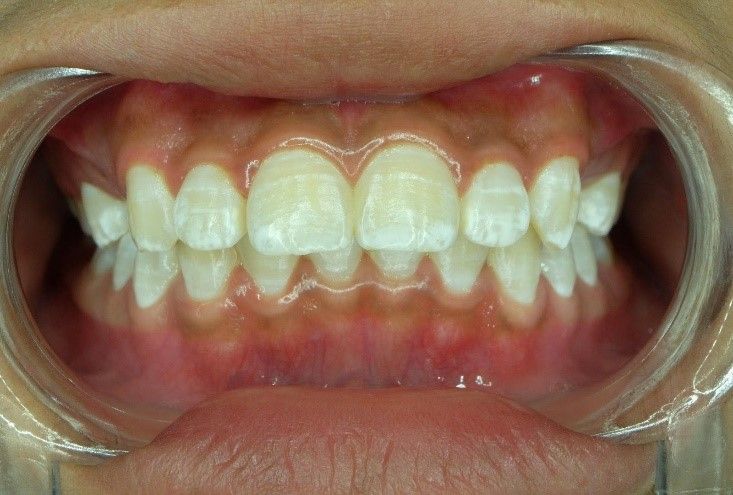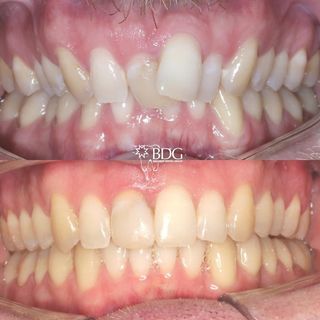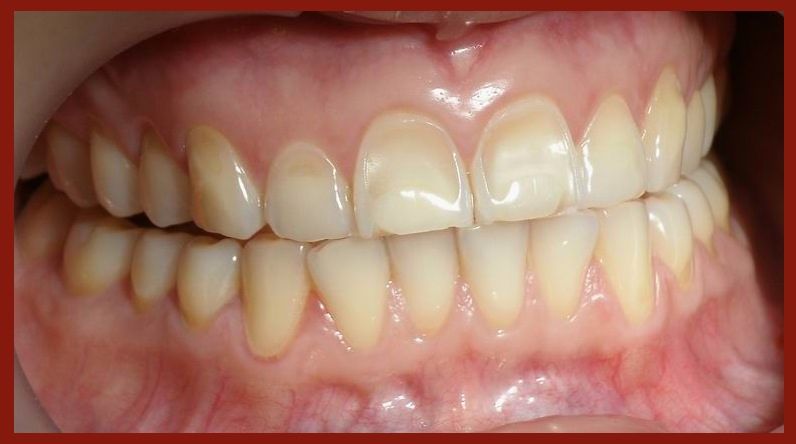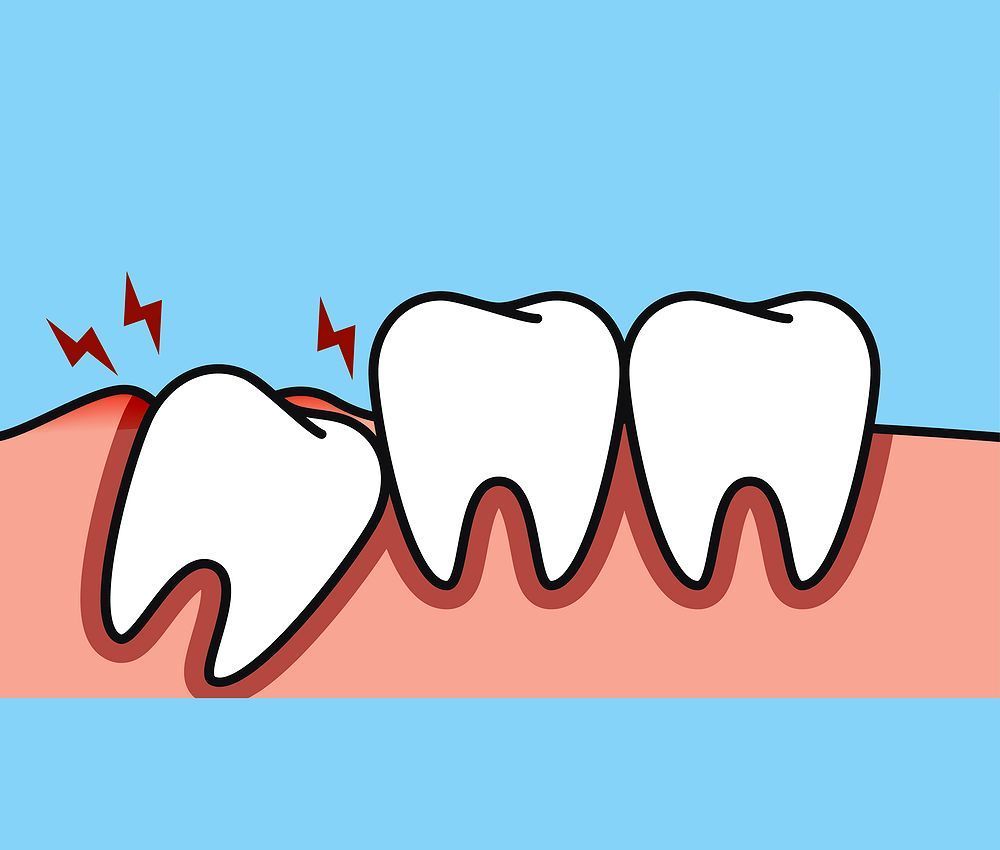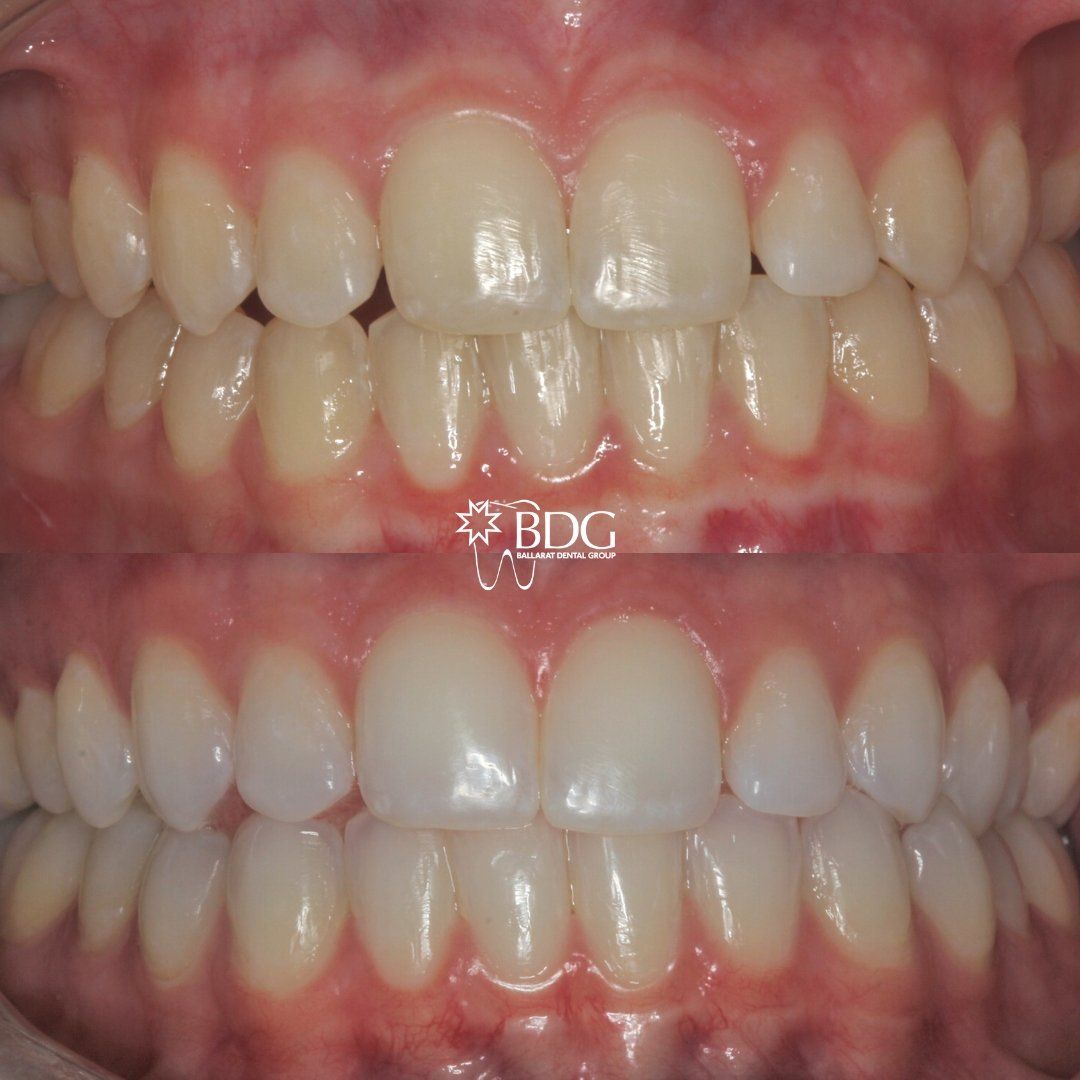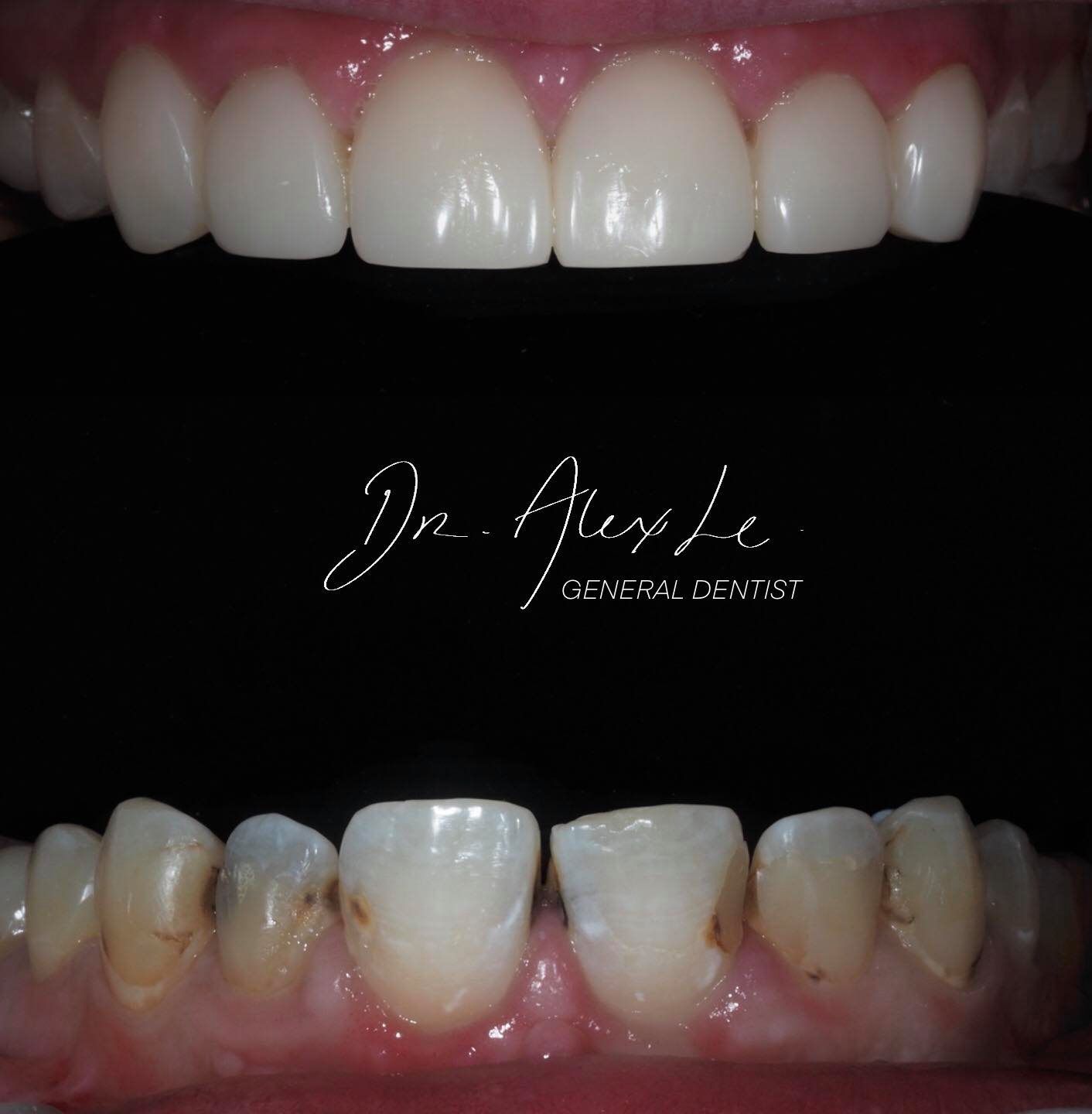Preventative Dental Care
Ever thought of getting ahead of decay and gum disease? These two non-communicable diseases are the most common diseases in humans. Ironically, they are also the easiest to prevent.
Decay and gum disease can take years to develop and they may not appear as obvious while doing so.
When patients complain that “my tooth is very sensitive” or “a hole has appeared” or “a tooth is wobbly”, the problem might already be in its later stages. Dentists know that the biological and financial cost of treatment is less when disease is detected early.
That means not only are treatment outcomes better when fixing these diseases at earlier stages; it also saves you money.
Preventative dental care focuses on catching things early. It generally begins with a comprehensive examination. The dentist first establishes any issues that are bothering the patient, and like Sherlock Holmes, the dentist hunts for other clues that may have been missed or unreported.
A check of your facial muscles and joints is followed by a good screening for habits, oral cancer, gum disease and decay. Very often, x-rays of your teeth are required to look for decay between teeth or underneath fillings.
A tailored plan for the individual is formulated from the findings.
It may range from a “restorative plan” that prioritizes deeper decay before shallower decay to simply learning how to clean certain areas better. A good thorough removal of tartar and polishing may also be performed on the same visit.
We recommend a preventative dental checkup once every 6 months.
6 months is a good time point to monitor and follow up on any known shallower decay. Any progress of the decay front signals to the dentist that conservative approaches were unsuccessful and the decay should be removed before it gets too close to the nerve. Recommendations to oral hygiene or day-to-day habits can be reviewed and improvements can be suggested. Build up of tartar is also managed comfortably for the patient at this point.
Through preventative dental care, you are less likely to be surprised by toothaches and pain. If you have not been on the preventative side of things, you are now armed with the knowledge and reasons to do so.
For more info:
